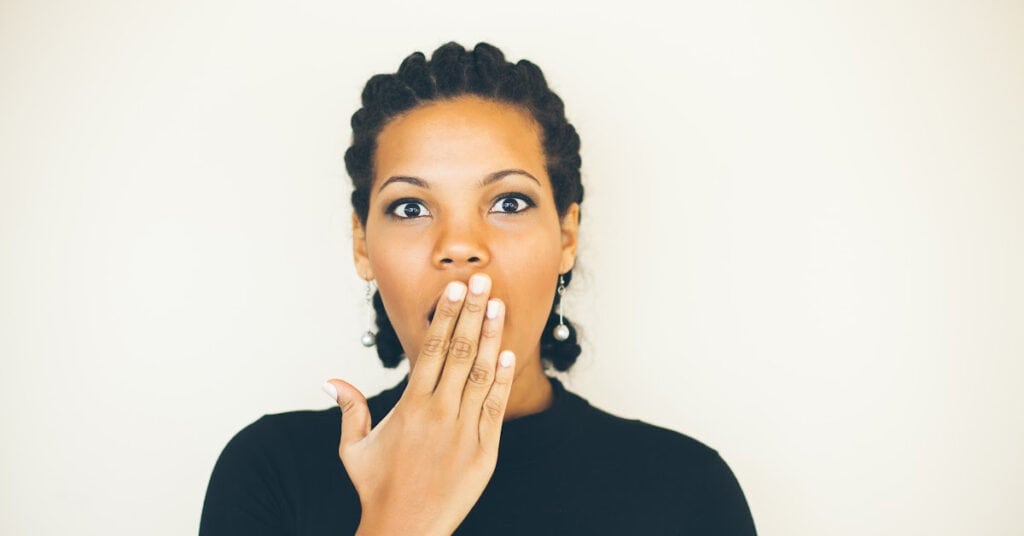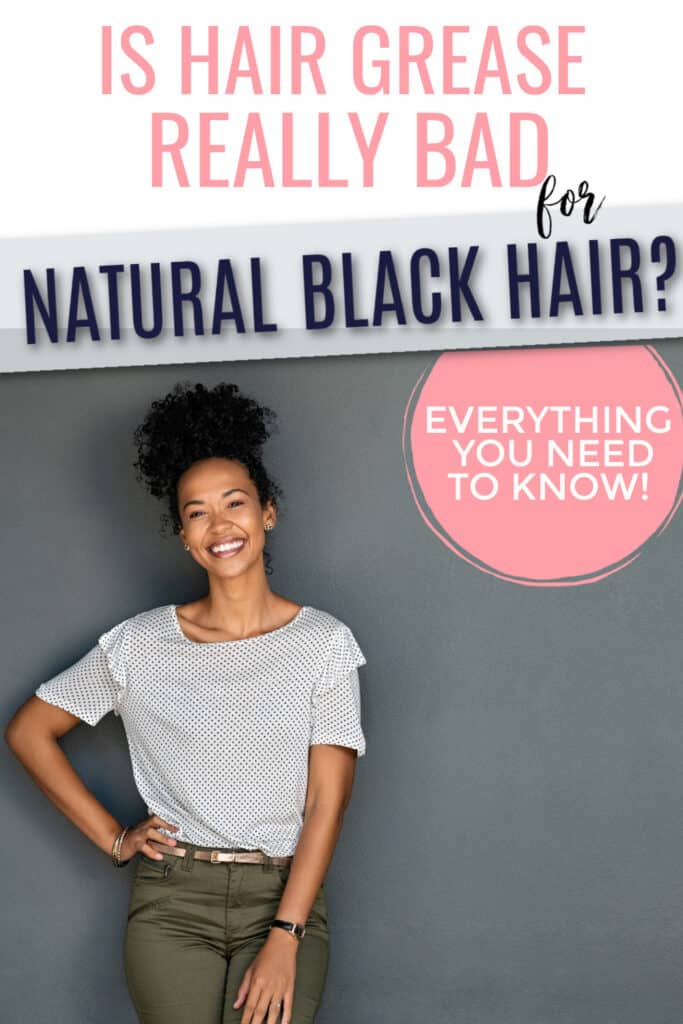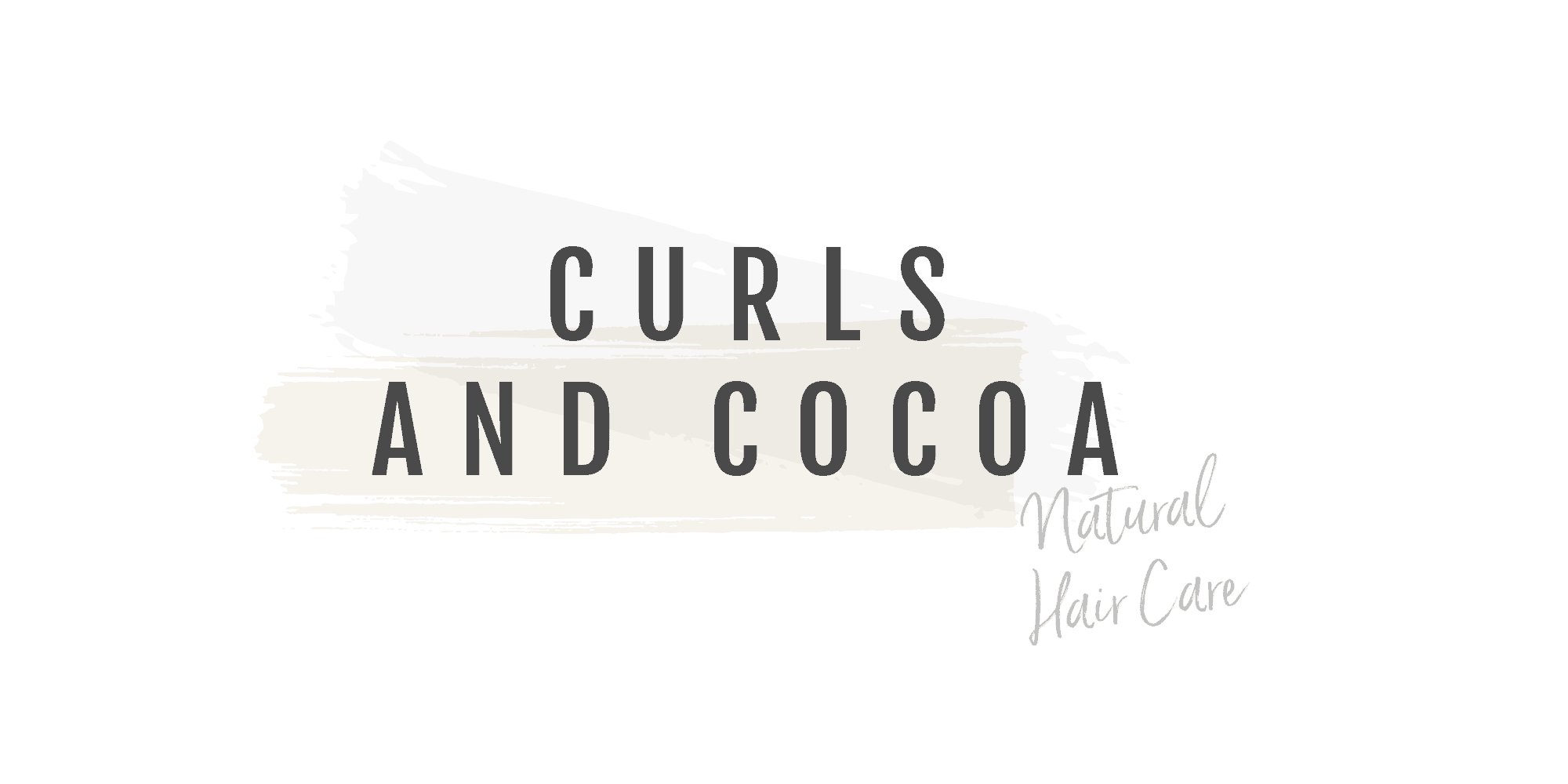The Role of Hair Grease in Black Hair Care
I grew up with the scent of hair grease as a familiar fragrance in the house. We’d use it religiously in our hair care routine especially on a Sunday afternoon as my mum would style my hair for the week of school ahead.
You see, in the black community, hair grease has quite a history; it’s been a staple, passed down through generations for its supposed benefits in styling and maintaining moisture in our naturally coily hair.
***Please note that this site uses affiliate links if you would like to read the legal stuff you can find it here

Yet, as I delved deeper into the subject, I learned that these traditional hair greases had a downside. The main ingredient in many of those shiny tins is petroleum, which coats the hair with a heavy layer that actually repels moisture.
Instead of hydrating, it can suffocate our strands, preventing vital moisture from penetrating the hair shaft. This explains why, despite frequent application your hair can still feel dry and lack luster.
In contrast, I’ve discovered the wonders of natural oils like coconut oil and black castor oil.
These gifts from nature are not only kinder to our scalp but are also adept at enhancing our hair’s innate moisture levels. Unlike the old-school greases, these natural alternatives don’t just sit on the hair; they nourish and support its growth from within.
A Blend of Historic Remedies and Modern Care
Back in the day, during the Middle Ages and Renaissance, folks found some unique ways to keep their locks in check. They slathered their hair with pomades concocted from bear fat or lard. Sure, it might sound a bit odd now, but this was their go-to for keeping hair styled and shiny.
Fast forward to today, and we’re taking cues from our ancestors, but with a twist.
We’ve ditched the animal fats and turned towards Mother Nature’s pantry for our hair care remedies.
Plant-based oils like black castor oil and coconut oil have become the new standard for fortifying black hair, ensuring our scalps stay nourished, and our hair glistens with health, minus the heavy grease.
The Culprit Behind Clogged Follicles
Slathering hair grease onto my scalp and strands seemed like a ritual. It promised smoothness and control but, I noticed that over time, my scalp felt suffocated. Constant use of heavy grease can lead to blocked pores. Each layer traps dirt and suffocates the hair follicles, leaving little room for the scalp to breathe or for new hair to emerge.
Your natural sebum won’t be able to do its job which is to moisturise and protect your hair, because the grease has formed an impenetrable barrier.
This can take a toll on your hair, leading to breakage as your strands can turn fragile without their natural protective oil.
I learned that carefully examining product labels holds the key to hair wellness. Choosing hair care items means looking beyond the glossy promises on the front label and diving into the ingredients list.
It’s here that you find out whether you’re giving your hair a nourishing treat or slathering on something that could eventually lead to more harm than good. Relying on well-formulated products that complement the scalp’s inherent functions preserves hair health and promotes growth.
Are There Benefits to Using Hair Grease for Black Hair?
Many folks believe that the slickness of hair grease does wonders for managing black hair. Indeed, there are some advantages. It provides a level of ease in styling by smoothing out the hair texture. This can make detangling less of a chore and can add a luminous sheen to your locks that many find appealing.
When applied sparingly, it can seal in moisture after hydrating the hair, acting as a barrier in dry climates. Here’s the catch, while it may lead to short-term gains in manageability and shine, using hair grease too often or in excess can lead to long-term troubles, such as clogged pores and inhibited hair growth.
How to Use Hair Grease in Natural Hair
Using hair grease on natural black hair can be a game-changer, but the key is moderation and method.
Start by ensuring your hair is clean and slightly damp, as this helps in locking in moisture.
Take a small amount of hair grease on your fingertips and warm it by rubbing your hands together.
Apply the product directly to your scalp first, and massage gently to boost circulation and spread the grease evenly.
Follow up by coating the length of your strands with a light touch, focusing on the ends, which are prone to dryness and split ends.
Remember, hair grease is dense, so a little goes a long way, too much can suffocate your follicles.
Use it mainly as a sealant, after hydrating your hair with water or a leave-in conditioner to truly reap the protective benefits.
Once applied, style your hair as usual, giving special attention to areas that need extra care.
Hair grease isn’t just for styling; it also protects strands from harsh elements, especially when rocking protective styles.
Be sure to apply it diligently, but sparingly, to foster a healthy scalp and lustrous locks.
5 Types of Hair Grease You Can Try Including Pros and Cons
- Traditional Petroleum Grease: I found it creates a barrier that locks in existing moisture but repels water. Pros include a sleek, polished look and affordability. Cons? It’s heavy, can clog pores, and hinder hair growth after prolonged use.
- Black Castor Oil Grease: It promotes hair strength and growth. The upside is its nutrient-rich properties. However, it’s thick and might weigh down finer textures or cause buildup if not used sparingly.
- Coconut Oil Based Grease: Ideal for its deep conditioning qualities. I appreciate that it suits most hair types and can reduce protein loss. The downside? It may trigger allergies and does not provide hold for styling.
- Shea Butter Blend Grease: It’s nourishing and has anti-inflammatory benefits. I like that it can soothe the scalp and repair damage. On the flip side, in high temperatures, it can melt away, losing its benefits.
- Water-Based Grease with Natural Oils: These offer hydration without heaviness. I value their ability to moisturise and seal without clogging. Be mindful though, that they may not provide the same level of shine as traditional greases.
How to Choose the Best Hair Grease
Choosing the best hair grease starts with understanding your hair’s specific needs. You’ll want to nourish, not harm, your strands. First, scan the labels for natural oils like black castor and coconut oil that penetrate the scalp and fortify hair from within.
Avoid products with petroleum and mineral oil—these may suffocate your roots.
Look for hair oils enriched with vitamins and minerals to boost growth and repair damage.
I recommend patch testing to ensure you’re not sensitive to any ingredients. You should also use lightweight formulas if your hair gets greasy quickly.
If you are dealing with breakage, seek out products that promise elasticity and strength. Remember, the right hair grease complements your hair care regimen without weighing down your natural hair.
How To Remove Hair Grease From Your Hair
Removing hair grease can be tricky, but it’s not impossible. You’ll need to use a clarifying shampoo designed to strip away heavy products.
Apply it liberally to your wet hair, massaging deeply into the scalp and strands. Rinse thoroughly.
If you feel like the grease is still holding on, a second wash might be necessary.
Some people find that baking soda paste helps: mix baking soda with water, apply it to your hair, leave it for a few minutes, and then rinse out.
Once all the grease is out of your hair, give your hair some TLC with a moisturising conditioner to restore its balance.
Final Thoughts on Hair Grease For Black Hair
I’ve learned a lot about hair grease and black hair care through personal experience and research. If one thing is clear, it’s that traditional hair grease isn’t the hero we once believed it to be.
These products are often laden with petroleum, which can block the very moisture our hair desperately craves.
For those of us with black hair looking to promote growth and maintain a healthy scalp, the shift towards natural oils like black castor oil and coconut oil is a game changer. They not only nourish the hair but also support the scalp’s health without clogging pores or inhibiting sebum production.
By choosing products wisely, we can better cater to our hair’s unique needs. Whether it’s for styling, conditioning, or daily care, aim for a regimen that prioritises scalp health and strand resilience. And remember, moderation is key.
Related Posts:
Can you use neutralising shampoo on natural hair
Why scalp buildup is a problem if you leave it
How to properly clarify natural hair


